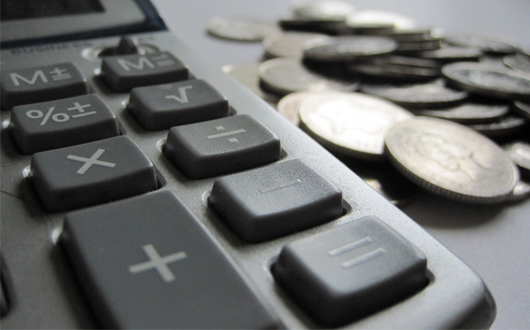All news » Bookkeeping basics for the Self-Employed
Bookkeeping basics for the Self-Employed

Even if you don’t own a limited company, you work as self-employed and you have an accountant who does your taxes, you need to have some basic understanding of bookkeeping needs. This way, you can make sure to save the correct information so you can have accurate books for the year-end. Also, you will get used to the bookkeeping basics and you will have less trouble if you decide to fount a limited company after a few years of self-employment.
Bookkeeping Software
We recommend you to use bookkeeping software. This way you can remember what records to keep and you can also see and keep track of your incomes and expenses. It always helps to have an accurate view of where you spend money and where your incomes come from, and this way you can focus even more to have the best profit. Also, by using bookkeeping software, you will have less chances of making mistakes while trying to remember your expenses or incomes at the end of the year. If you decide to generate come more detailed reports, your accountant will have less work to do and this may lower your bill, too.
Keep all the receipts
If you started a business as a self employed, you have to get used to keeping receipts for each and every purchase you make and also for every service you pay for. Keep everything, from meal receipts or a business lunch and even receipts from the hotels you where staying when you travelled for business purposes. Use an expandable file folder in order to keep them organised at all time and try to organise them by function, to make them easier to find and catalogue.
Keep logs
If you can’t keep a receipt for certain things you do in business purposes, you should still keep logs for them. For instance, always keep the travel mileage if you travel for business purposes. You should know that every time you use your vehicle for business, you are entitled to a tax write-off. It may be easier to keep these logs if you create some expense forms and fill them out with every detail for all the expenses made for your business that cannot be backed up by receipts.
Separate accounts
Get used to maintaining separate accounts for everything business related. Keep separate credit accounts and bank accounts from your personal accounts. This way, it will be a lot easier to track your business activity when the year is done, since all the business accounts are separate from the personal ones. You should also keep all of your business statements and account invoices as a backup for your receipts.
Get in touch to find out how we can help you
Tagged in: bookkeeping advices Bookkeeping Software bookkkeeping basics Separate accounts
